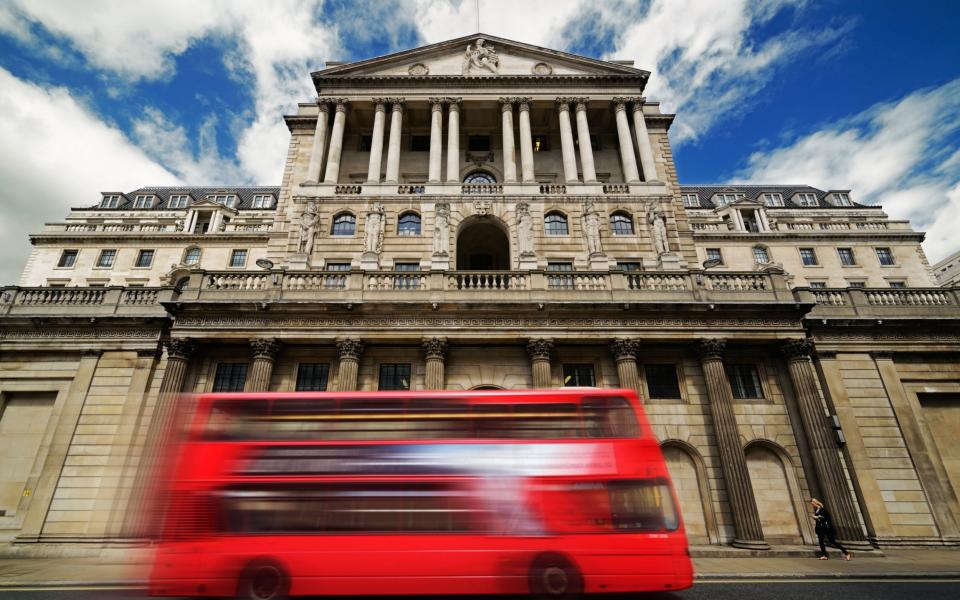Millennials ‘should fear debt as much as climate change’

Young people should be as concerned about surging public debt as climate change, a top economist has warned amid growing fears the country’s borrowing levels could overtake Japan.
Britain’s £2 trillion debt millstone poses a long-term threat to prosperity which bears comparison to global warming, according to Philip Booth of the Institute of Economic Affairs. National debt smashed through 100pc of GDP in July. Mr Booth, who is due to appear before the Treasury select committee tomorrow to discuss tax after coronavirus, said borrowing could explode over the next 50 years as the population ages and growth stays sluggish.
It could mean Britain overtakes Japan, currently the most heavily indebted of the G7 advanced nations. Mr Booth said: “How can you, as a young person, be concerned about climate change but complain about austerity, and not be worried about huge government debt which future generations will have to service?”
He also argued that Britain had more reason to fear its debt-to-GDP ratio rising than Japan where debt is largely financed by domestic savers, making it less reliant on international interest rates and foreign investors’ confidence. Britain has failed to get to grips with its finances since the banking crisis over a decade ago, Mr Booth said, arguing ministers now have no choice but to introduce more public spending cuts.
Paul Johnson, Institute for Fiscal Studies director, who will also give evidence to the committee, warned that Britain will be competing with other advanced nations for finance as they run up deficits to fund their own Covid-19 recovery packages. He said: “There’s a risk the UK becomes rather unattractive given the risks we face around our less than fully competent government, Brexit and possible Scottish independence.”
Economist James Sproule, a former adviser to the Prime Minister, said: “If we’re going to be working remotely more, do we really need this extraordinarily expensive rail line, HS2? I’d love to see the Government taking a more responsible line but at the moment, it’s more likely to be focused on the short term than the strategic issues.”

 Yahoo Finance
Yahoo Finance 